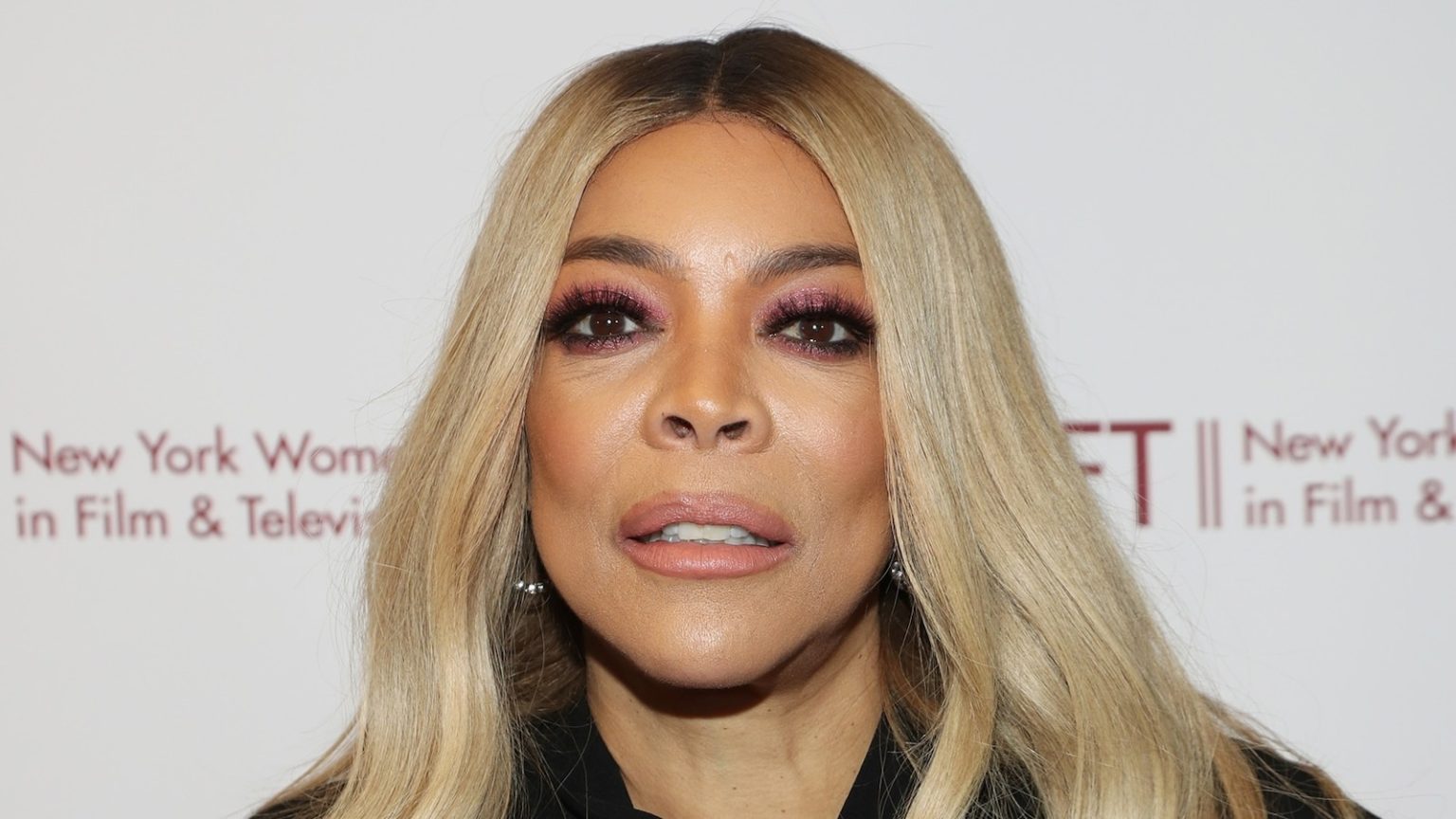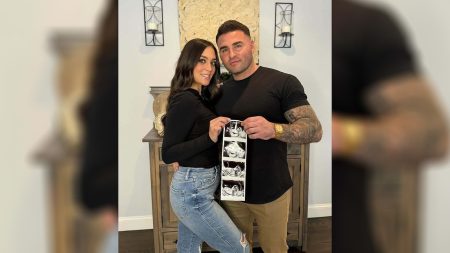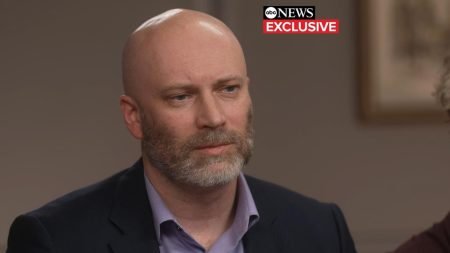Wendy Williams Opens Up About Her Fight for Freedom from Court-Ordered Guardianship
In a heartfelt and emotional interview with Nightline co-anchor Byron Pitts, Wendy Williams, the beloved talk show host, revealed her ongoing struggle to regain control over her life after being placed under a court-ordered guardianship since 2022. Speaking from a New York care facility, Williams described her current situation as feeling like "prison," emphasizing her frustration and determination to break free from the legal arrangement she believes is confining her. "How am I doing? I’m still in prison, so to speak," she said, her voice laced with defiance and resilience.
Williams, who has been residing in a memory care unit, expressed her belief that she does not belong there. "This is the memory unit. That’s what this floor is called, the memory unit. And it is true that these people who live here don’t remember anything," she explained. "But I don’t belong here at all. This is ridiculous." Her words paint a picture of a woman who feels misunderstood and wrongly confined, asserting that she is mentally capable and deserves to reclaim her independence.
The Diagnosis and Dispute Over Her Health
In February 2024, Williams’ care team announced that she had been diagnosed with frontotemporal dementia and primary progressive aphasia, conditions that significantly impact cognitive and language abilities. However, Williams vehemently disputes this diagnosis, questioning its validity and the motives behind it. "Frontotemporal dementia? Uh, how dare you. And I’m not saying you, because I’ve been accused of having that," she said in response to the diagnosis. "And how do you prove it by keeping me locked here so that I can’t… I can’t see, look. I can’t go out."
Frontotemporal dementia is a degenerative condition affecting the frontal and temporal lobes of the brain, often leading to impaired decision-making and memory loss. Primary progressive aphasia, on the other hand, is a neurological syndrome that gradually impairs language capabilities, making it difficult for individuals to communicate effectively. Both conditions are serious and currently have no known cure. However, Williams’ disbelief in the diagnosis highlights her determination to challenge the narrative surrounding her health and fight for her autonomy.
In response to Williams’ public questioning of her diagnosis, her court-appointed guardian has requested a new medical evaluation to reassess her condition. The guardian’s attorney has stated that all actions taken on Williams’ behalf are overseen by the court, though the case remains sealed, limiting public access to detailed information. Meanwhile, a source close to the situation revealed that Williams’ court-appointed attorney plans to file a request to terminate the guardianship, signaling a potential turning point in her legal battle.
Wendy Williams’ Legacy and the Public’s Reaction
Wendy Williams, a trailblazing figure in daytime television, hosted her eponymous talk show for 13 seasons before stepping down in 2022. Known for her bold personality, sharp wit, and unfiltered commentary, she earned the nickname "The Queen of Daytime." Her career has been marked by both triumphs and challenges, including health struggles and personal controversies.
Recently, Williams’ life has been under intense scrutiny, particularly after the release of the docuseries Where Is Wendy Williams? in February 2024. The documentary provided a candid look into her life, shedding light on her health struggles, financial issues, and the guardianship battle. While some critics accused the series of exploiting her situation, Williams’ niece, Alex Finnie, defended the project, stating that her aunt had creative control as an executive producer. "She said, ‘Now is the perfect time, because I wanna take ownership of my story,’" Finnie shared.
However, the docuseries has also sparked legal drama. Williams’ guardian filed a lawsuit against A&E on her behalf, alleging that the network did not obtain proper consent to air the documentary. The case is ongoing, adding another layer of complexity to Williams’ already fraught situation.
The Broader Implications of Guardianship and Mental Health
Wendy Williams’ story raises important questions about guardianship, mental health, and the rights of individuals under such arrangements. Guardianship is typically implemented to protect individuals who are deemed unable to manage their own affairs, but it can also strip them of their autonomy. Williams’ case highlights the tension between protecting vulnerable individuals and preserving their right to self-determination.
As Williams continues to fight for her freedom, her case has sparked conversations about the need for transparency and accountability in guardianship proceedings. Advocates argue that such systems must balance protection with respect for individual dignity and autonomy. Williams’ own words—"I don’t belong here"—underscore her belief in her capacity to make decisions for herself, challenging the notion that she requires external control.
A New Chapter in Wendy Williams’ Journey
As Wendy Williams navigates her legal and personal challenges, her story continues to captivate the public. From her rise as a media icon to her current struggles, Williams has proven herself to be a resilient and unyielding figure. Her fight for freedom is not just a legal battle but a deeply personal one, driven by her determination to reclaim her voice and her life.
In the midst of this turmoil, Williams’ interview with Nightline serves as a powerful reminder of her strength and defiance. "I will not be silenced," she seems to convey through her words and spirit. Whether through her legal team’s efforts to terminate the guardianship or her continued advocacy for herself, Wendy Williams is determined to write the next chapter of her story on her own terms.
For now, fans and supporters are left rooting for the woman who once brought so much joy and energy to their screens, hoping that she will emerge from this chapter with her independence and dignity intact. As her journey unfolds, one thing remains clear: Wendy Williams is a fighter, and her voice will not be easily silenced.














